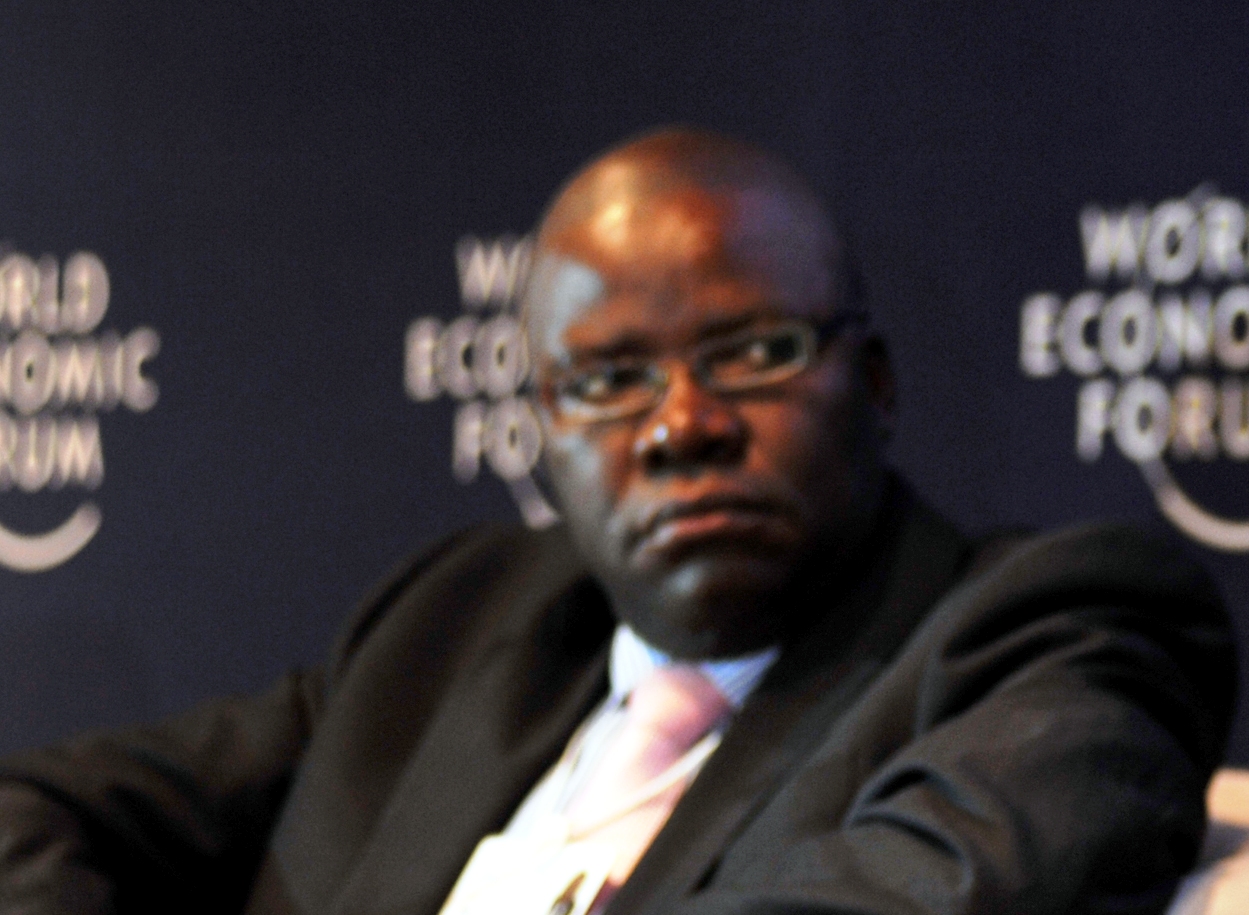
MDC-T secretary-general Tendai Biti says devolution of power, one of the main issues that slowed down the constitution-making process, will be among the first casualties of Zanu PF’s two-thirds parliamentary majority, as the party was heavily opposed to the concept.
BLONDIE NDEBELE, OWN CORRESPONDENT
Biti posted on his Facebook page, saying the concept of devolution of power in the new Constitution, which is meant to address underdevelopment in some parts of the country, will be undermined.
“During the constitutional-making process this is one issue that Zanu PF was fearlessly against,” he said.
“They will now try and reverse what it lost at the negotiating table through surreptitious post-election manipulations.”
Devolution of power was one of the main issues that bogged down the constitution-making process, with the MDCs pushing for its inclusion while Zanu PF opposed it.
The MDCs insisted that devolution be included and Zanu PF reluctantly baulked down.
Biti, however, said there were fears that since Zanu PF won the elections, the concept of devolution was not going to be implemented as stipulated in the Constitution.
- Chamisa under fire over US$120K donation
- Mavhunga puts DeMbare into Chibuku quarterfinals
- Pension funds bet on Cabora Bassa oilfields
- Councils defy govt fire tender directive
Keep Reading
He said there were plans by the Zanu PF government to bring back provincial governors, posts that had been abolished under the new charter.
“Since the old governors, were in fact, resident ministers, Mugabe will simply appoint a group of what he will call resident ministers,” he said.
“Once this is done, it will be the effective end of devolution as designed by the Constitution.
“Of particular challenge is the speed which the new provincial governance law necessary to give effect to devolution is enacted.”
Biti said other sectors that were likely to be targeted by Zanu PF were education and health, where outgoing ministers had implemented transition funds that resuscitated the two ministries following a decade-long recession.










